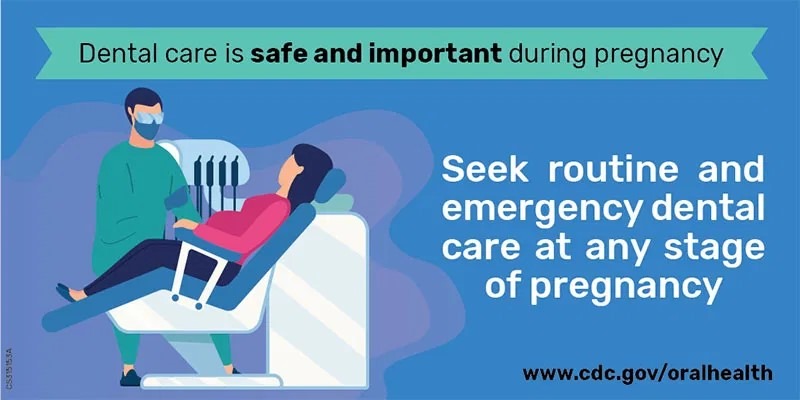We’ll discuss possible diseases and risks in our Oral Hygiene and your Health series in the upcoming weeks. Today, we’ll discuss the link between your risk of developing Alzheimer’s Disease and your oral health.
Diamond Dental Blog!
Alzheimer’s-The Mind Mouth Connection
Oral Hygiene and Your Health Series
How important is oral health to overall health?
Most people know that not brushing your teeth daily can lead to cavities, bad breath and tooth decay but recent studies find that poor dental hygiene can also have unexpected health consequences including; increased risk of developing Alzheimer’s Disease or dementia. Poor oral hygiene can lead to serious health problems and has been linked to increased risk of heart attack, stroke, complications from diabetes, and more.
We’ll discuss possible diseases and risks in our Oral Hygiene and your Health series in the upcoming weeks. Today, we’ll discuss the link between your risk of developing Alzheimer’s Disease and your oral health.
How to Prevent Alzheimer’s Disease
You may do Sudoku puzzles, crosswords, and eat or drink your greens in an effort to keep your memory sharp and prevent cognitive decline. But are memory puzzles and eating healthy enough to prevent dementia? Maybe not. Research is still being done by Alzheimer’s organizations such as the Alzheimer’s Prevention Drug Discovery Foundation.
While they suggest a proper diet, exercise, maintaining social connections, learning and managing chronic illness are ways to prevent cognitive decline it might not be enough. There is another culprit that may lead to Alzheimer’s Disease that you may not know about, poor dental hygiene.
Even if you brush and floss regularly you can develop tooth decay and gingivitis which can lead to more serious forms of gum disease, leading to more serious health problems.
How does poor dental hygiene increase risks for Alzheimer’s disease?
According to the Journal of Alzheimer’s Disease, a study has found that people with poor oral hygiene or gum disease could be at higher risk of developing Alzheimer’s compared with those who have healthy teeth and gums. Researchers from a UK university discovered a bacterium called, Porphyromonas gingivalis, in the brains of patients who had dementia when they were alive. The bacterium is usually associated with chronic periodontal (gum) disease.
For the study, ten brain samples of donors with Alzheimer’s Disease from Brains for Dementia Research, were analyzed alongside ten brain samples from people who had not had the disease. Porphyromonas gingivalis was found in the samples of the Alzheimer’s affected brains.
New York Study supports link between periodontal disease and Alzheimer’s
Another study out of New York University examined twenty years of data concluding there is a possible causal link between periodontal disease and Alzheimer’s disease. According to medicalnews.com, the leader of the study, Dr. Kamer stated, “those who are defined as cognitively normal, showed increased risk of lower cognitive function when they had periodontal inflammation (gum inflammation) compared to subjects with little or no periodontal inflammation.”
This means when they tested subjects using a standard measurement of IQ, they found out those with periodontal inflammation (gum disease) were nine times more likely to score lower than those without periodontal inflammation!
That’s a big difference and why it’s vitally important to stop problems before they begin with proper dental hygiene. We suggest a good oral care routine including: brushing, flossing and rinsing along with regular visits to your dental hygienist. If you have existing gum disease you may want to seek counsel from an experienced periodontist like those at our clinics. We offer periodontal gum therapy options both surgical and non-surgical to treat, prevent, and in some cases reverse gum disease.
There are many risk factors for Alzheimer’s Disease. We’re not suggesting that this is a cure. We understand that there’s no cure and that it’s devastating to those suffering its effects or with loved ones suffering cognitive decline. Preventive measures are a big part of staving off the disease and helping to stop further cognitive decline, and maintaining good oral health is just one of them. Now that you know, it’s one more thing you can do to help keep your mind and your mouth healthy.
Stay tuned for more in our Oral Hygiene and Health Series, where we’ll discuss other diseases and issues linked to oral health and wellness.
Have you experienced a link between poor oral health and overall health? Leave a comment below.




